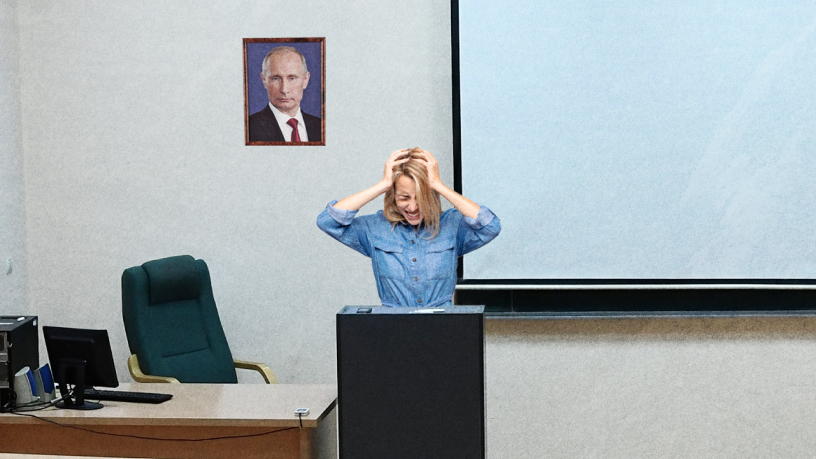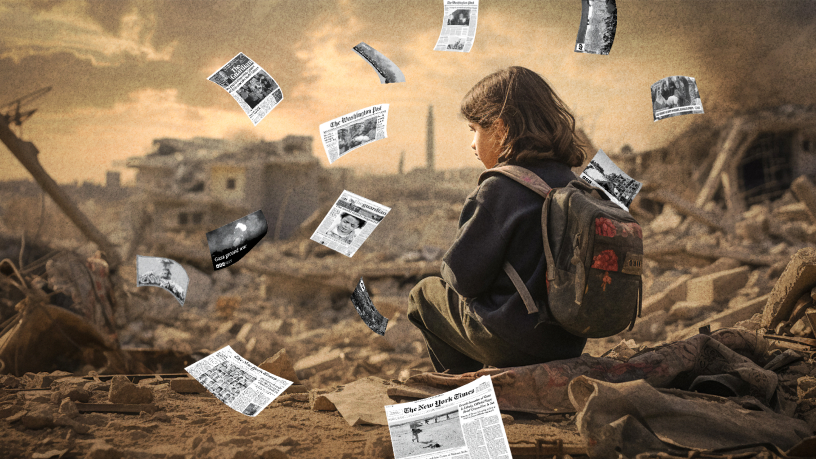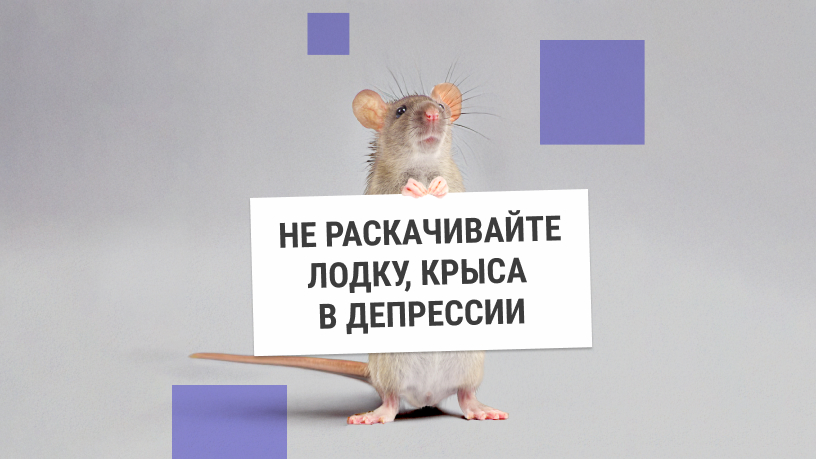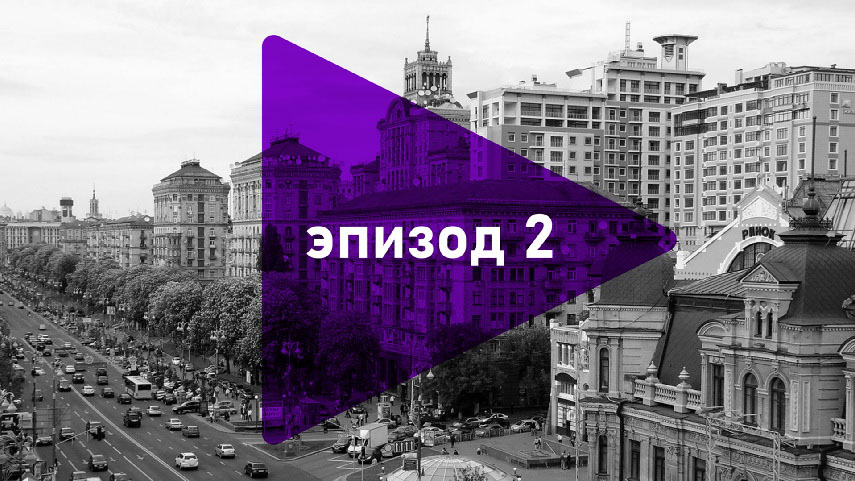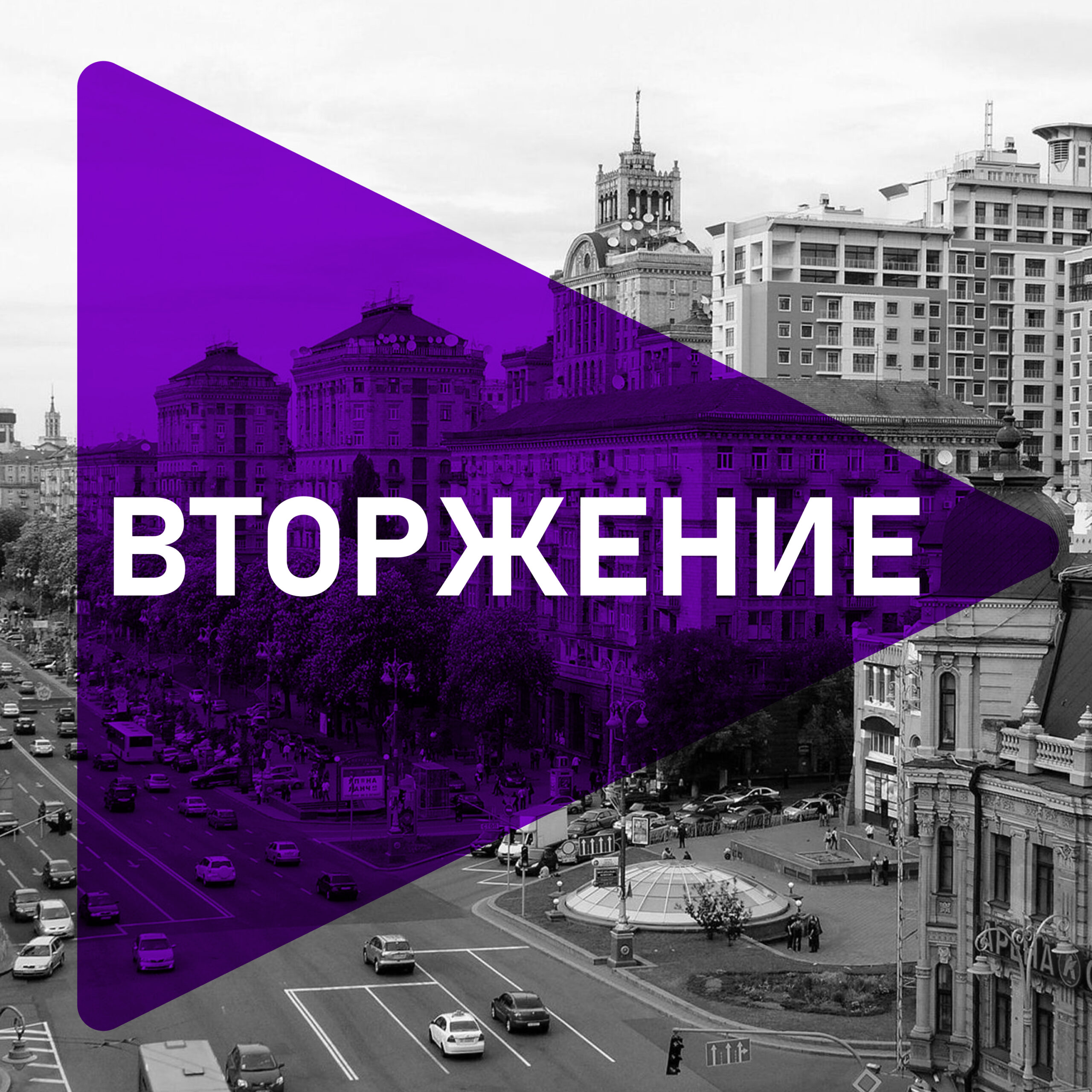Автор: Olga Orlova
-
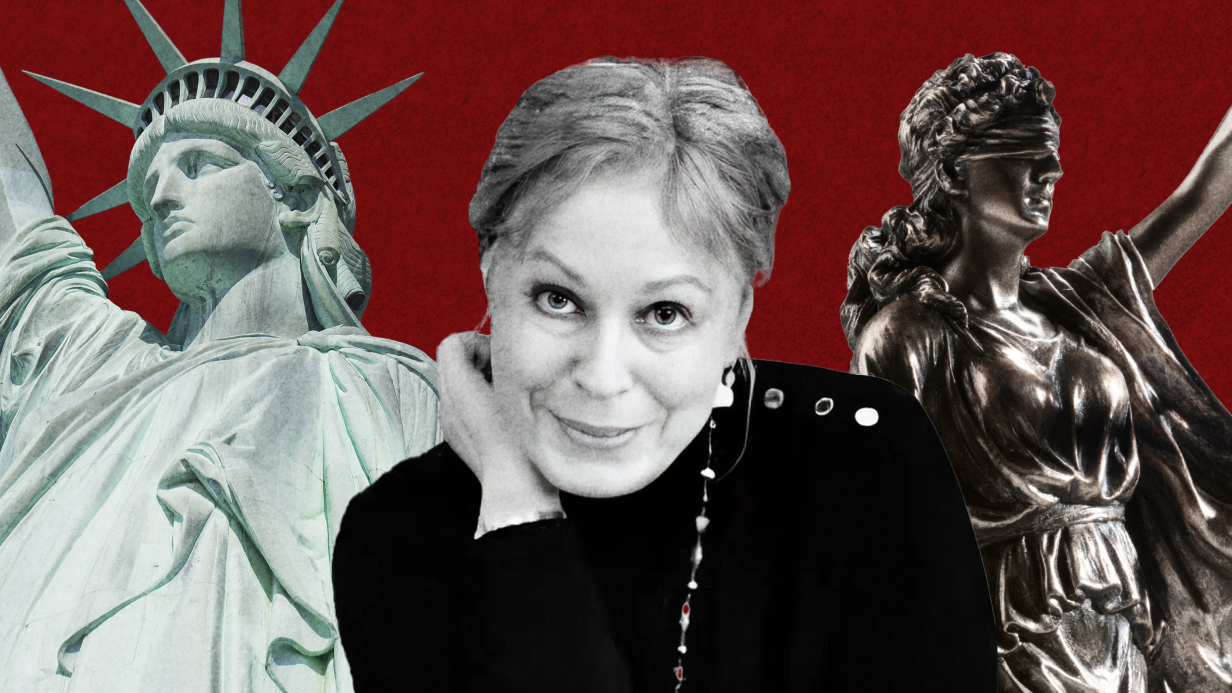
“This is a gauntlet thrown at the feet of the judiciary.” Lawyer Ekaterina Mishina on why the US President believes his words trump court rulings
Trump’s clash with the US judicial system is taking on alarming forms. On June 27, the Supreme Court (in a 6-3 decision along conservative lines) issued a ruling that drastically limits the ability of lower federal judges to block presidential executive orders nationwide. From now on, judges can only block the president’s actions in relation…
-
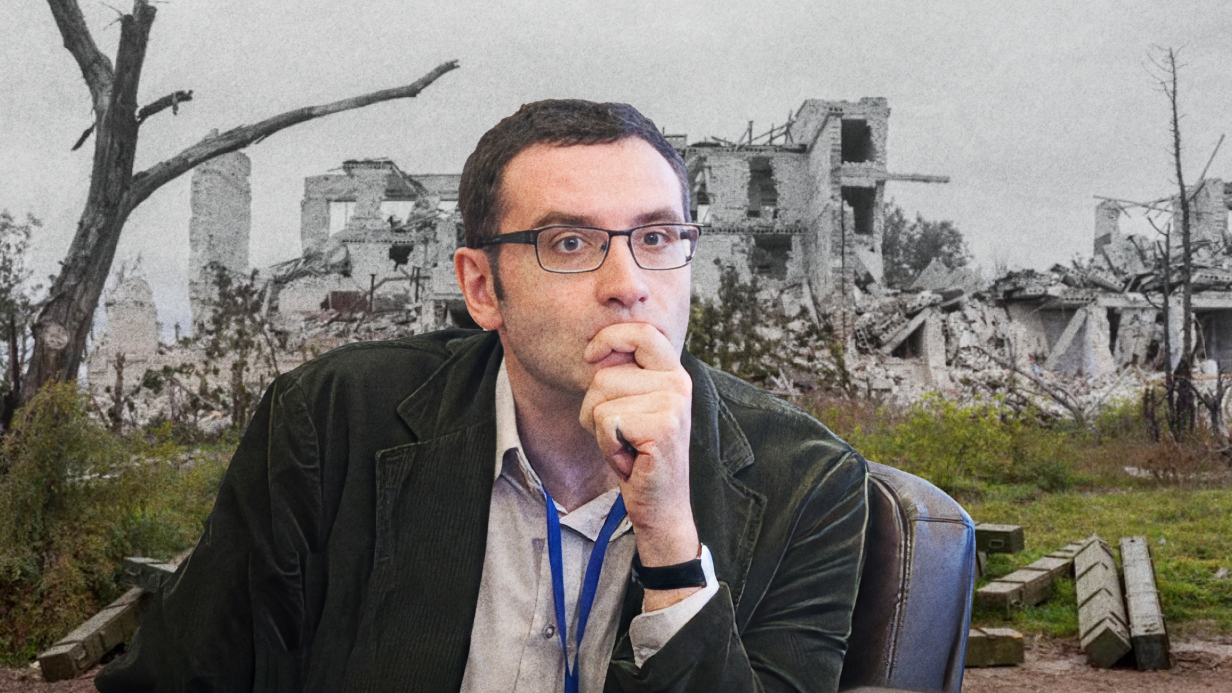
The Allure of Evil, or The Enslaved Mind: An Interview with Science Historian Alexander Dmitriev
June 22, 1941, marked the beginning of the Great Patriotic War. Today, 84 years later, Ukrainian cities are again under bombardment—but now the aggressor is Russia. How has the war in Ukraine altered our understanding of that past conflict? What revelations about history does the present compel us to confront? T-invariant discussed these questions with…
-
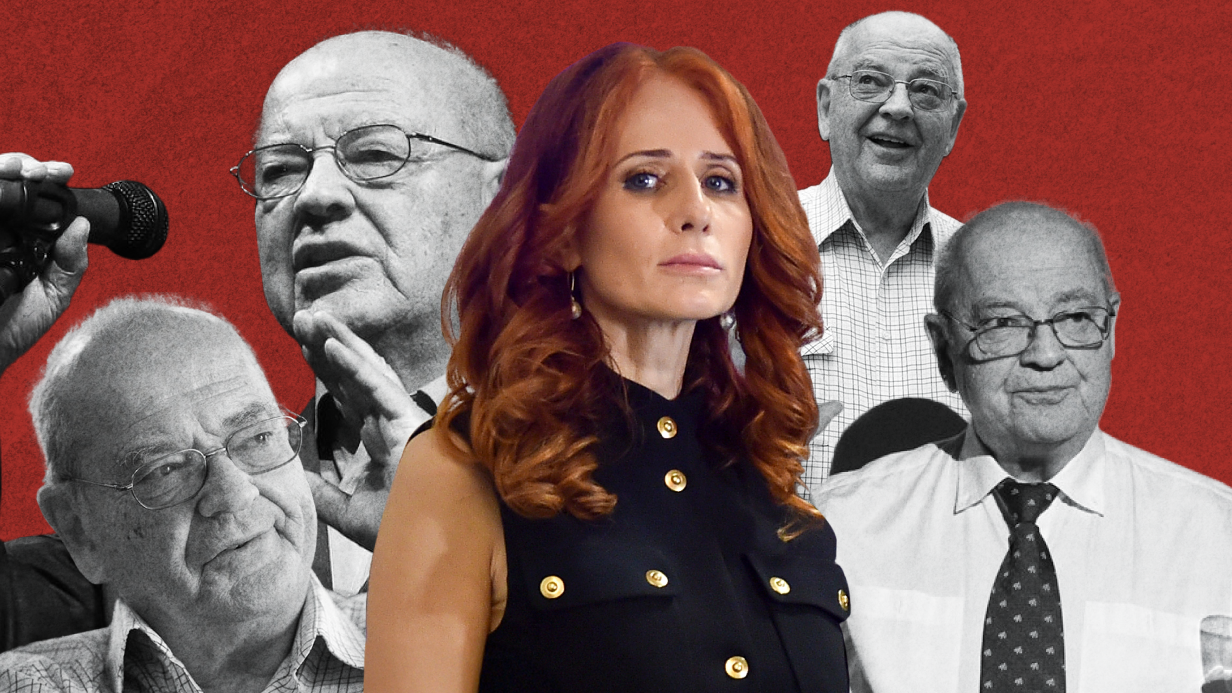
Vera Krichevskaya: “Dmitry Zimin Is an Absolute Victor, While the Loser Is Russia”
The documentary Connected continues to screen at various venues worldwide. Last week, it was presented in Yerevan, Armenia, and at the Docaviv documentary film festival in Tel Aviv. The film chronicles the life and legacy of Dmitry Zimin — a legendary entrepreneur, founder of VympelCom, and philanthropist who established the Dynasty Foundation. How did the…
-
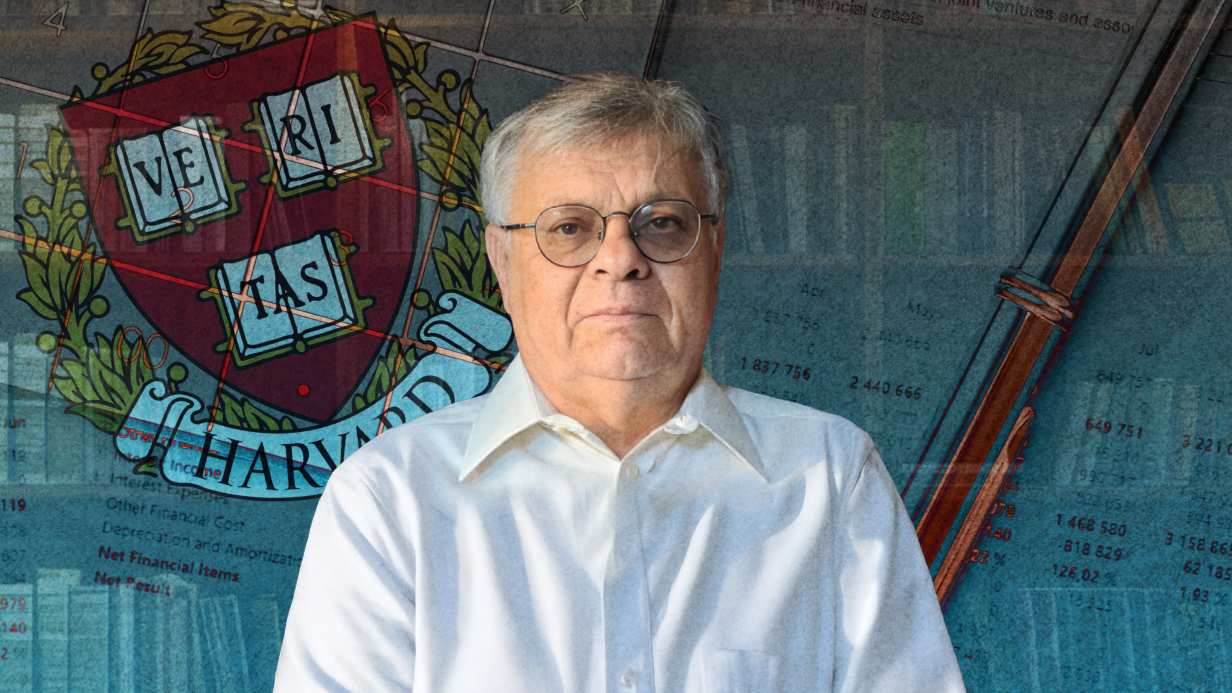
Eugene Shakhnovich: “If Harvard Bends, Something Like the Soviet Party Committee will Appear”
Harvard University refused to obey the Trump administration and sued the officials. Why is the whole world watching this conflict? What is being demanded of the university? What is Harvard defending? What role did DEI policy and anti-Semitism play in the attack on academic freedom? T-invariant talked to Eugene Shakhnovich, a professor in the Department…
-

American Biologist Sergei Mirkin: “People don’t Believe That This is Happening in the United States Today”
American universities are being stripped of government funding. Some universities have announced hiring freezes this year. Others are laying off their staff. Still others – Columbia University, for example – have been left without government grants. We are also seeing interference in the substantive work of science. Why is the Trump administration turning on scientists?…
-
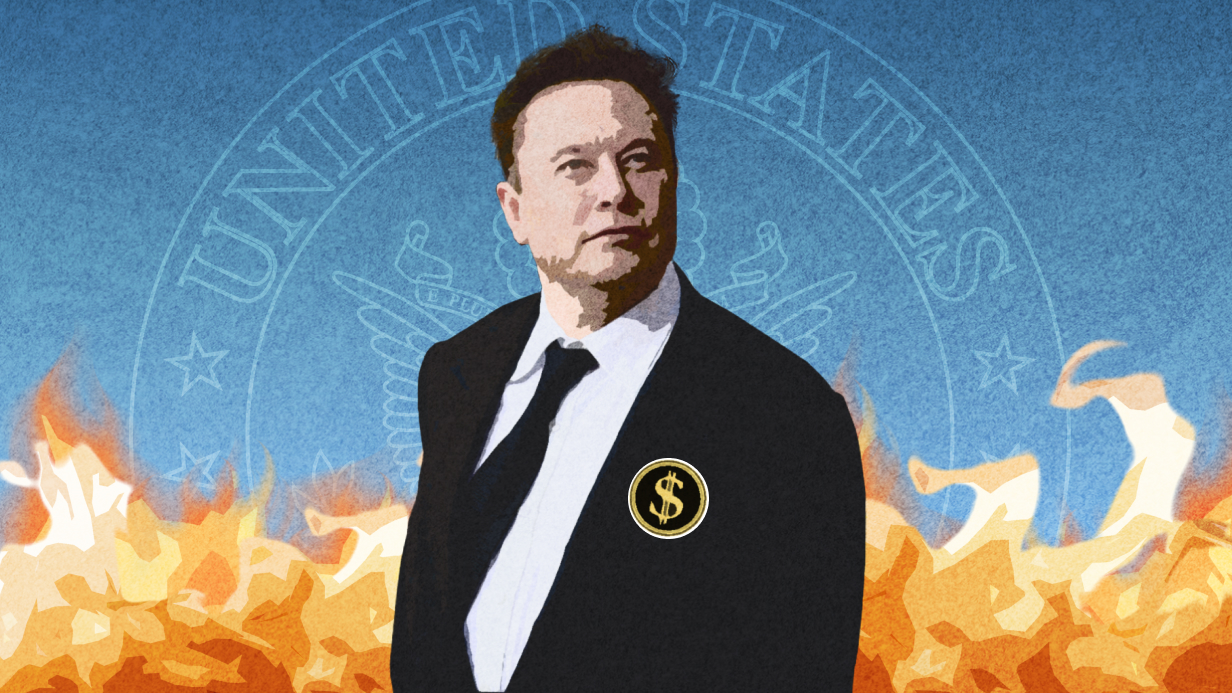
“If DOGE Plans Go Through, U.S. Scientific Leadership will End.” American Scientist — on Musk’s Health Care Reform
In the coming days, the U.S. Senate is expected to confirm the new director of the National Institutes of Health. The key institution of American science has come under pressure from the Department of Government Effectiveness (DOGE), which is headed by Elon Musk. Why the reforms initiated by Donald Trump’s people are reminiscent of the…
-

Konstantin Sonin: “Both Putin and Trump Believe That Might Makes Right”
Following Donald Trump’s election and his initial presidential steps, it became abundantly clear: the world will never be the same. Who—or what—can save Ukraine today? Can private businesses support initiatives aiding Ukrainians and Russians opposing the war? Was Navalny doomed to die after the war began? What is the actual impact of international sanctions on…
-
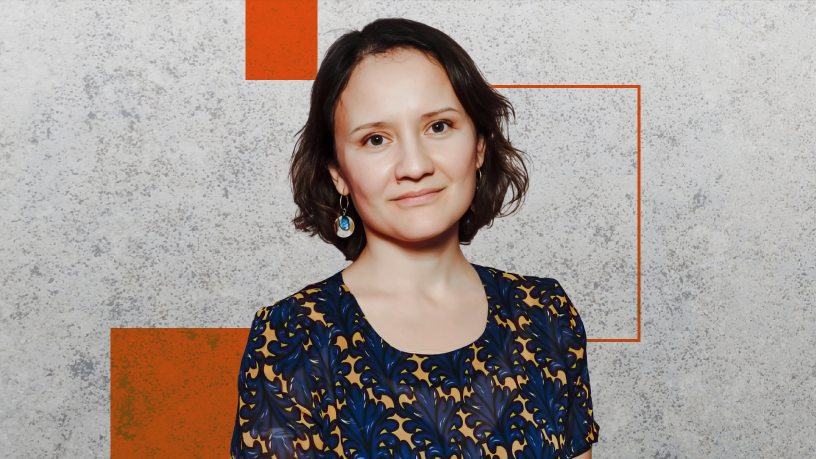
Tatiana Glezer: “95 per cent of journalists cite data from the Gaza Ministry of Health – that is, Hamas”
An international team of scientists analysed 1,378 stories in the world’s leading media about casualties of the war in Gaza. It turned out that 85 per cent of these publications did not distinguish between fighters and civilians, and 95 per cent used data provided by the Gaza Ministry of Health, which is run by Hamas.…
-
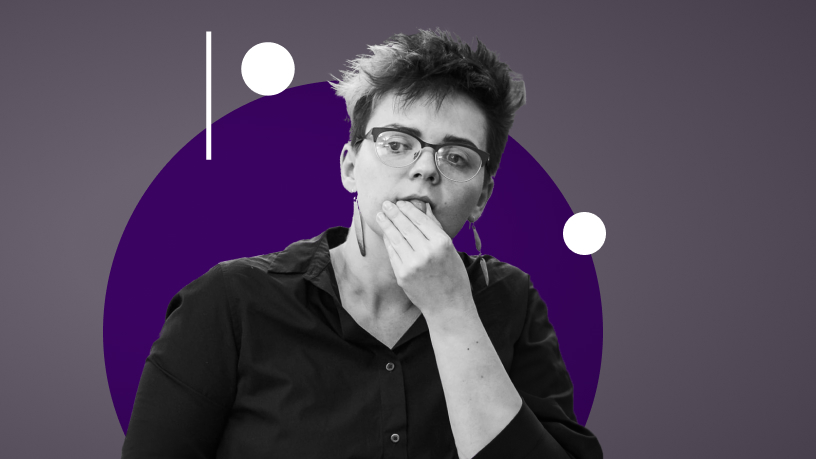
Sociologist Nika Kostenko: “Time works against the return of those who left”
At the beginning of March 2022, graduate students of the European University in Florence Emil Kamalov and Ivetta Sergeeva, political scientist Margarita Zavadskaya and sociologist Nika Kostenko launched a sociological project OutRush, during which they surveyed three waves of those who left. Who are these people, what do they do, what do they think about…
-

“If the reform of Russian science begins in ten years, then there will be no one to return”
The Reforum has published five tasks for the restoration of Russian science, proposed by T-invariant editor-in-chief Olga Orlova.
-

Special academic operation.
How the FSB has been persecuting scientists who signed a letter against the war with Ukraine for two years in a rowT-invariant opens a series of publications related to the second anniversary of the war with Ukraine. In the first investigation, we tell how the FSB of the Russian Federation launched the largest “case of scientists” in modern Russia, pursuing the signatories of an anti-war letter throughout the country.
-

Sergei Abramov: “I’m afraid that Russia is shooting itself not in the foot, but in the head”
In 2023, the FSB began subjecting dissenters to punitive psychiatry. Corresponding Member of the Russian Academy of Sciences Sergei Abramov left the psychiatric hospital after the examination and became familiar with the updated version of the charges. T-invariant spoke with the scientist about his life with the “extremist” label, his political views and the reasons…
-

Mikhail Feigelman: “I’m looking for tall poppy who are interested in science, not just an academic career”.
How did the idea come about to build an “island of academic intelligence” using Google Quantum? How to create conditions under which students will pursue science and not a career? Explains the initiator of the PhD program in quantum condensed matter physics QT Future at the University of Ljubljana Mikhail Feigelman.
-

“Israel was not created for Jews to run around in bomb shelters.” How the war turned the peaceful life of Israelis upside down
Important Stories published a text by T-invariant editor-in-chief Olga Orlova about how the Israelis were left alone with the war. A third of students are at the front, small businesses are on the verge of collapse, volunteers are saving farmers.
-

Death in avocado orchards. How volunteers searched for terrorist attack victims in Israel
The number of Israelis abducted during the terrorist attack on October 7, whose identities have been identified, has reached 210 people. However, it is not yet known how many people remain alive and how many are killed. In southern Israel, where fighting is still ongoing, small volunteer groups were searching for missing people. Zoologist Alexandra…
-

Andrei Yakovlev: “Through the FSB, HSE was transferred from the economic security service to the service for the protection of the constitutional order and the fight against terrorism”
Why did the Higher School of Economics find itself in the worst position among all the new famous universities that emerged in post-Soviet Russia? At what point did the era of solidarity with state ideology begin at the university? Was the pressure on Yaroslav Kuzminov pressure on the university itself or on the head of…
-
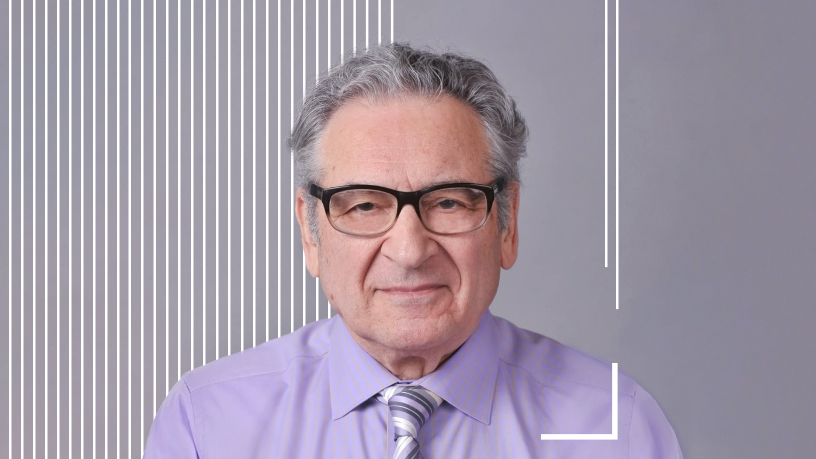
Viktor Yampolsky: “The postal address does not matter”
On October 14-15, the annual RASA conference will be held in Chicago. This year it is dedicated to the 150th anniversary of the birth of Sergei Rachmaninov. We discussed what Rachmaninov’s creative experience of emigration teaches, why his works were banned and allowed to be performed again in the USSR, and whether classical music will stand…
-

“Putin has done so many bad things that it would be very helpful to simply reverse these decisions.” Sergei Guriev — on future reforms
What is the extent of ideologization of education in Russia? Why will it be impossible to carry out lustration in the field of education? What awaits researchers in Russia and Ukraine after the war? What are the prospects for economic reforms in Ukraine? T-invariant spoke with Sergei Guriev, Provost of Sciences Po University in Paris.
-

Hypersound silence. How scientists become the prey of the FSB
Three physicists were arrested in so called “Novosibirsk case”. It wasn’t the first time. Previously, four scientists were also accused of treason in different years. All of the scientists accused in all these cases participated in the projects of the seventh framework program of the European Union “TransHyBerian” (coordinator — Von Karman Institute of Hydrodynamics,…
-

«In matters of climate, Russia cannot be removed from the globe»
The military-industrial complex is one of the dirtiest industries in terms of its impact on climate and the environment, even in peacetime. It is especially harmful to the planet during active combat operations. Why was Russia not excluded from the global climate process after February 24, 2022? Climate policy experts Marianna Poberezhskaya and Olga Dobrovidova…
-

Elena Bunina: «I was saved by mathematics»
«I will not go back: I cannot work in a country that is at war with its neighbors,» Yelena Bunina, CEO of Russia’s Yandex, wrote to colleagues in early March 2022 and did not return to Russia from vacation. Today, Elena Bunina, a professor at Bar Ilan University talks about the losses and gains of…
-
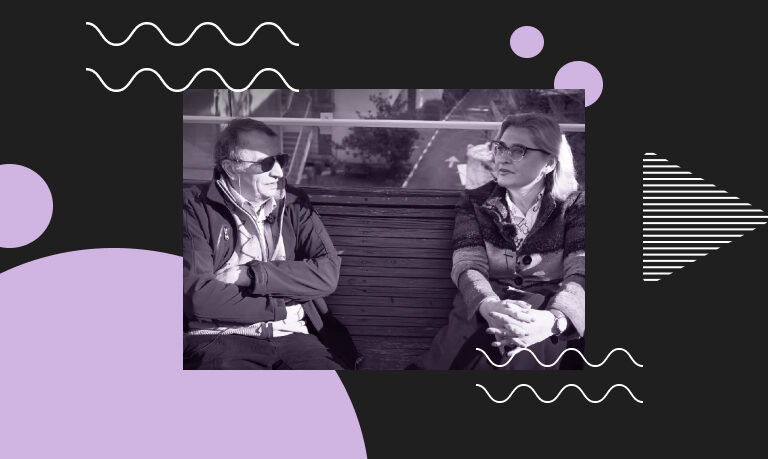
Philosophical scooter: How does academic solidarity work in an age of catastrophe?
The war caused the largest and fastest «brain drain» from Russia since the early 1990s. What is the peculiarity of this wave? T-invariant launches a series of videos titled «Philosophical Scooter». Первый выпуск: «Brain Drain: How Scientists Go to Israel». We discuss with Yakov Krasik, Professor, Department of Physics, Professor, Department of Physics, The Technion…
-

The Relic Radiation of Mathematics
How Russian mathematics lost to the war. Is there any chance, in the conditions of external isolation, to preserve a living system of mathematical knowledge in Russia through international solidarity, personal connections, and secret online teaching?

